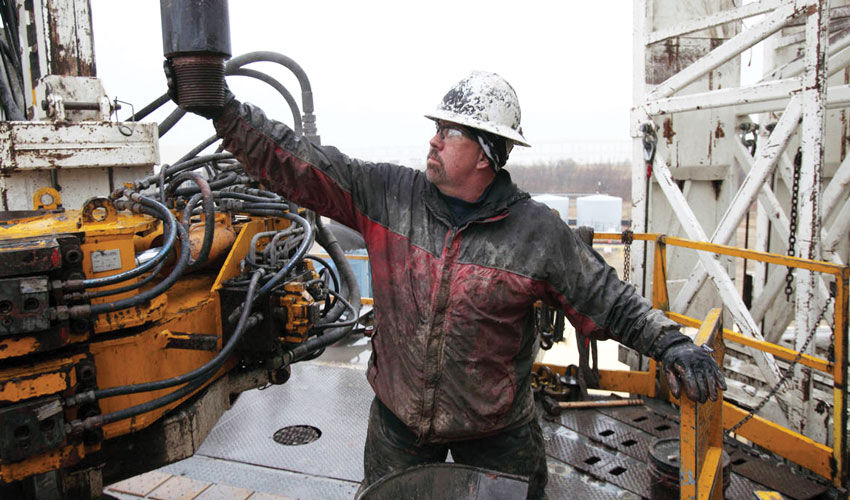
Two reasons stand out. First, over the past decade, America has left countries such as Canada and Germany far behind in terms of income growth (in some cases, the gap is as high as 20%). On the stock market, the situation is similar: since 2015, the S&P 500 index has grown by about 250%, twice as much as the rest of the G7 countries.
And because of the second reason, I will probably be banned from toasting with a glass of port and sherry in Europe: the “old continent” (and much of the rest of the world) has become a freeloader, hitching its wagon to the cowboy economy of the United States.
The Trump administration likes to emphasize defense and lament that Europe and South Korea are “not lifting their due weight.” But it’s not just the statistics, according to which America spends 3.5% of GDP on the military, while, say, Austria spends 0.8% or Norway spends 1.6% (even though it borders Russia). As a result, it’s not just the fjords of Norway or the Alps in neutral Austria that are safe thanks to American soldiers. That protection frees up money that can be spent lavishly on schools and medicine.
Despite huge defense spending, America also pays for the world’s medicine cabinet. The US accounts for less than 5% of the world’s population, but half of all pharmaceutical research and development spending. Britain, by contrast, invests only 0.28% of GDP in new medicines – about a third of the US share.
When companies shout, “Eureka, we’ve found a new drug!”, lenient price controls in the U.S. allow these firms to recover huge research costs at the expense of American families. And when Swedes and Belgians discover breakthrough drugs for epilepsy or migraines, for example, American consumers end up paying 2.5 times as much for them to stop seizures or terrible headaches. Without this kind of sponging, hundreds of drugs wouldn’t make it from the test tube to the medicine cabinet. American households pay to incentivize new discoveries.
On the energy front, the U.S. shale revolution has not only transformed North America, it has stabilized global oil prices. Yes, the U.S. is not the only place that has shale oil or gas. Geologists report that France has shale energy resources under the Paris Basin and Germany has shale energy reserves in Lower Saxony. But regulators in these countries would rather throw their bodies under the backhoes than allow these resources to be developed.
In technology, Silicon Valley and the American venture capital machine have turned much of the world into freeloaders. Thanks to lax regulation, favorable bankruptcy laws, and a culture of fearless startups, America attracts $300 billion in venture capital (on a per capita basis, that’s five times more than the Scandinavian countries, which attract only $5 billion).
The U.S. has three times as many “unicorn startups” (they are valued at more than $1 billion) as the EU. And some of these startups are turning into firms like Nvidia and Google. However, failures are tolerated in the US: almost 70% of tech startups die within five years. This system encourages breakthroughs, which is why investors are furious when regulators from the European Commission threaten to cut off their oxygen.
America’s massive, market-driven successes are undeniable, but the Trump White House risks weakening that model by pushing for stakes in private companies. Intel, where the administration is negotiating for a 10% stake, defense firm Palantir, and aerospace giant Boeing are all now in Commerce Secretary Howard Lutnick’s crosshairs. Shouldn’t Republicans be alarmed by the precedent Trump is setting by breaking into U.S. corporate boards? They may trust Trump with state capitalism, but what about his successor, Republican or Democrat?
You can look up, down or around – everywhere you will find US leadership. Look down and you will see shale being mined from the earth; look up and you will see that 70% of European companies use American cloud services; look even higher and you will see Blue Origin and SpaceX taking European satellites into outer space.
Yes, America is like a cowboy – boots stained in shale oil, pockets made lighter by defense spending, swagger irritating polite company. But this same cowboy keeps gangsters in line, provides the world’s pharmacies, delivers satellites into orbit. If regulators make the cowboy hang up his spurs, then the freeloaders’ ride in the trailer van will get slower and bumpier.
Todd Buchholz,
former director of economic policy at the White House
under President George Bush Sr., former managing director
managing director of the hedge fund Tiger, author of New Ideas.
of Dead Economists and The Price of Prosperity,
co-creator of the musical “Walk of Fame.”
© Project Syndicate, 2025.
www.project-syndicate.org

